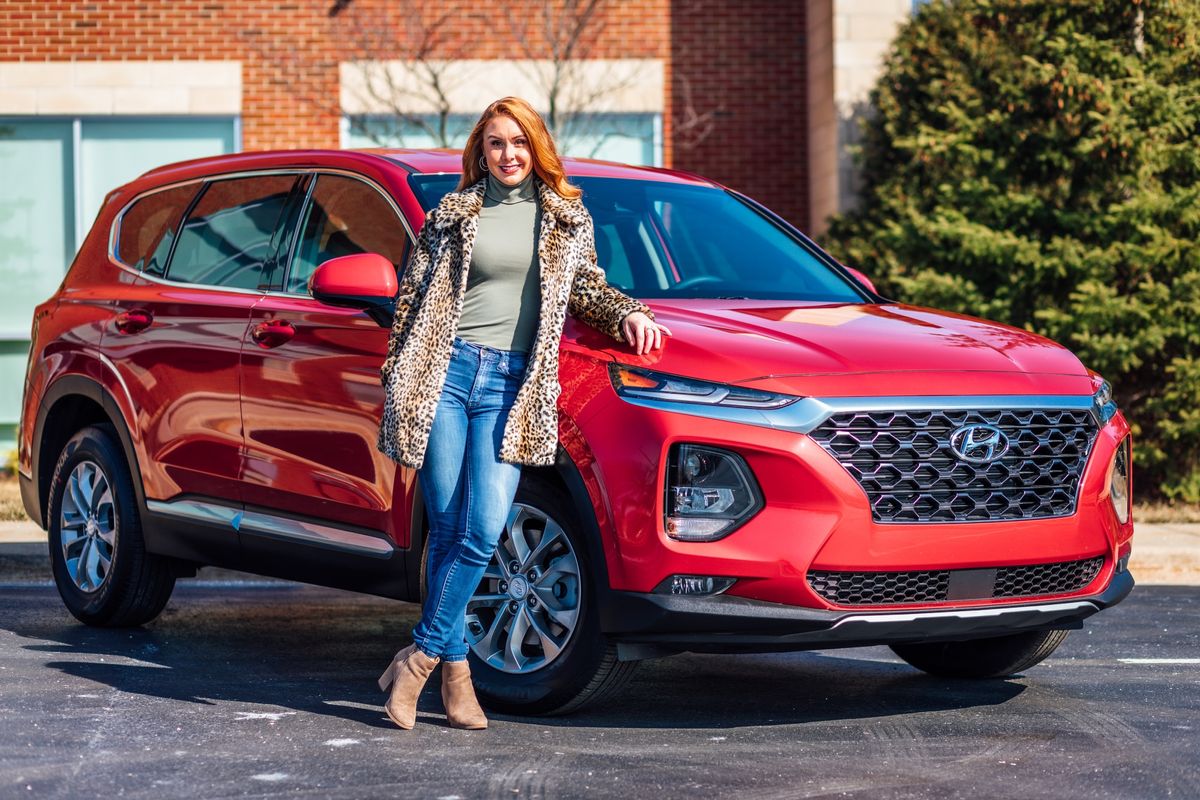It's Not a Good Time to Buy a Car

Gas prices are up, your tires are bald and you’re bored with your four-year-old gas-guzzler. It’s about to hit 60,000 miles and it just feels like the right time to ditch it and get something new. Maybe an electric car. Or at least a mild hybrid.
Not so fast. All that may be true but the simple fact is that it’s a bad time to buy a car. Yes, your “old” car is probably worth more on a trade than it would have been a year or two ago but remember that your new car will cost a lot more it would have a few years ago, you’ll pay a much higher interest rate, the dealer will gouge you for made-up fees and your shiny new car may be missing vital parts.
You can blame that all-purpose punching bag, COVID-19, for most of this. One way or another, it has played a role in economic turmoil, supply chain problems and high gas prices. Or you can blame Joe Biden, Donald Trump, Elon Musk, Anthony Fauci or whoever annoys you most at the moment but it’s your money we’re talking about, not the Politics Hour.
Your decision won’t markedly change the outcome of the raging political battles, competitive corporate maneuvering or global commodity gamesmanship. Consumers increasingly try to “make a statement” with their purchases and often do so without considering the cost to themselves and their families.
Yes, a new car probably would be a little more eco-friendly, although manufacturing and transporting a new car takes quite a toll on the environment. Pushing the old one for another few years just might be a little kinder, ecologically speaking.
The trouble with cars today
As mentioned above, there are several reasons to steer clear of 2022 and 2023 cars:
They’re really expensive. Think nearly $50,000 for a Honda or Ford crossover or sedan. The average new car in May sold for $47,148 according to Kelley Blue Book, and that means you can forget about a $500 monthly payment. The average monthly payment now sits at $712. Even more eyebrow-raising, an Edmunds study found 12 percent of buyers who purchased new cars in June will pay four figures every month. That’s roughly three times more than in June 2019.
How to get lower payments? According to Edmunds, 36.1% of consumers who financed a new car purchase in June 2022 opted for a loan term of between 73 and 84 months, compared to 32.8% in June 2021. Think your car is showing its age now? Think what your new one will be like when you finally pay it off in seven years.
Interest rates are really high (currently 5%), adding thousands of dollars to the cost of owning a new car, and getting the monthly payment within spitting distance of $1,000 without even trying very hard.
They’re works in progress. Cars built during the pandemic-related supply chain disruption are often missing crucial electronic components or other parts. A J.D. Power report finds that new-car quality has “notably declined” in the wake of the pandemic.
“Supply chain disruption, especially the shortage of microchips, has caused automakers to seek alternative solutions to get new vehicles into purchasers’ and lessees’ hands,” the Power study said.
They’ll be obsolete in no time. The transition to electric vehicles is still in its early phases but all of the major manufacturers are developing EVs. Ford, GM and VW will be turning out new models constantly over the next few years. Your choice will no longer be a simple matter of which Tesla you should get.
This means that if you buy an EV or hybrid now, you will have fewer models to choose from than if you waited a year or two. More models should equal more competition and consumer choice and, one hopes, some moderation in pricing.
Dealers are making it while they can. With cars in short supply, dealers are gouging buyers with made-up fees of every description. Greed? Sure, but also Tesla has shown the path to selling cars without a dealer network. Dealers see the skid marks on the pavement and are raking in cash now, fearing they’ll soon be little more than battery replacement depots.
Leasing isn’t what it used to be. Leasing is sometimes seen as more economical than buying but that’s changing quickly. Traditionally, the manufacturer basically underwrites the lease, banking on getting the car back in a few years and reselling it at a profit.
But that’s about to change. Ford has recently changed its lease terms on EVs and will now take the cars back at the end of the lease, with no option for the customer to buy the vehicle. Why? The batteries. The company wants to keep control of the battery recycling and disposal option, according to a Car and Driver report.
Add this all up and it may just make financial sense to spend a little bit to catch up on any overdue maintenance and keep your current buggy rolling down the road for a few more years. You could even throw in a deluxe wash job and still come out ahead.
